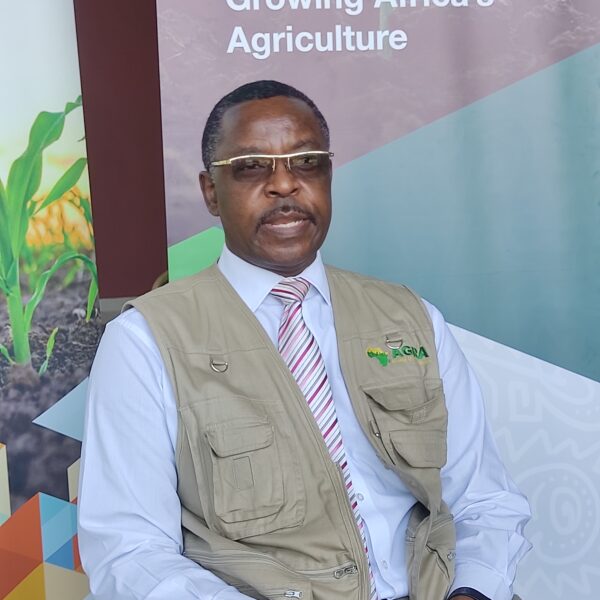The Alliance for a Green Revolution in Africa (AGRA) said it was working with other partners to develop relevant policies and systems to benefit farmers in their efforts to complement government efforts to achieve the development agenda 2063 from Malawi.
Speaking at the Bingu International Convention Center (BICC) in Lilongwe on Thursday, AGRA Southern Region Chief Dyborn Chibonga said his organization is also working with the private sector to have last mile delivery systems that link farmers to input and output markets. .
Chibonga said that in the next five years, they are ready to make a difference in the agricultural sector by incorporating various things to propel agriculture-related businesses.



“We will work on the development of SMEs with links to the private sector to create sustainability beyond the life of AGRA programs. In addition, we have three cross-cutting elements that will be integrated into the strategic priorities, including inclusiveness – enabling women and youth to contribute to and benefit from agriculture, for their economic empowerment, adaptation and resilience Climate – equipping farmers and strengthening food systems to absorb and recover from shocks and Nutrition – Improving nutrition outcomes by diversifying crops and ensuring food availability,” he said
However, in addition to overcoming many challenges, Chibonga said in the 2017-2021 strategy, they were able to directly reach 10.1 million farmers through improved systems.
He added that they have reached 16.8 million farmers through their policy, state capacity and regional food trade and they have reached 2.3 million farmers through partnerships.
Further, Chibonga said the 2022 to 2027 strategy is very critical and that AGRA will achieve the goals by rolling out four main business areas or strategic priorities which include seed systems, sustainable agriculture, markets and inclusive trade and state policy and capacity.
AGRA is an Africa-based, African-led institution working to catalyze the transformation of inclusive agriculture on the continent so that smallholder farming is not a lonely struggle to survive, but a business that thrives. .
They work with various technical and financial partners to provide solutions to the challenges facing the African agricultural sectors and to ensure food and nutrition security and incomes in a sustainable manner.
Follow and subscribe to Nyasa TV:











More Stories
Sri Lanka’s post-harvest losses in agricultural sector exceed Rs. 55 billion – – The island
SAU Vice-Chancellor emphasizes effective research in agricultural sector
Agriculture sector threatened by climate change, expert says – Pakistan